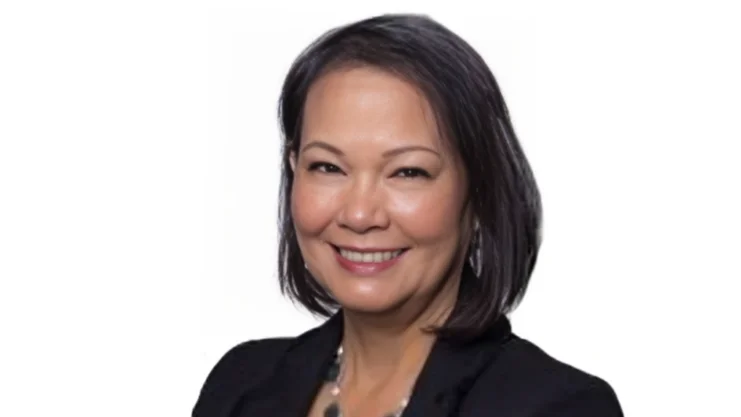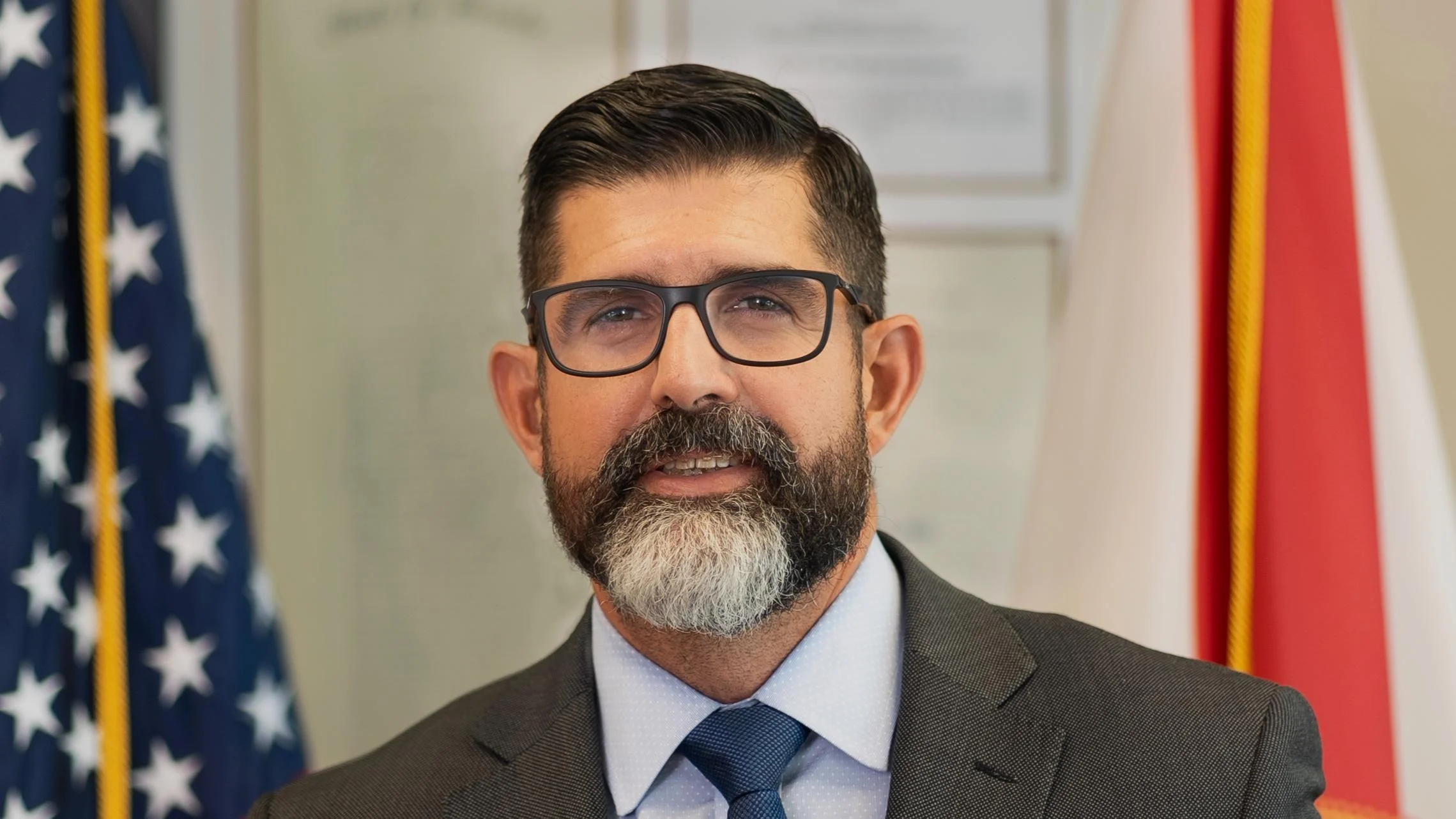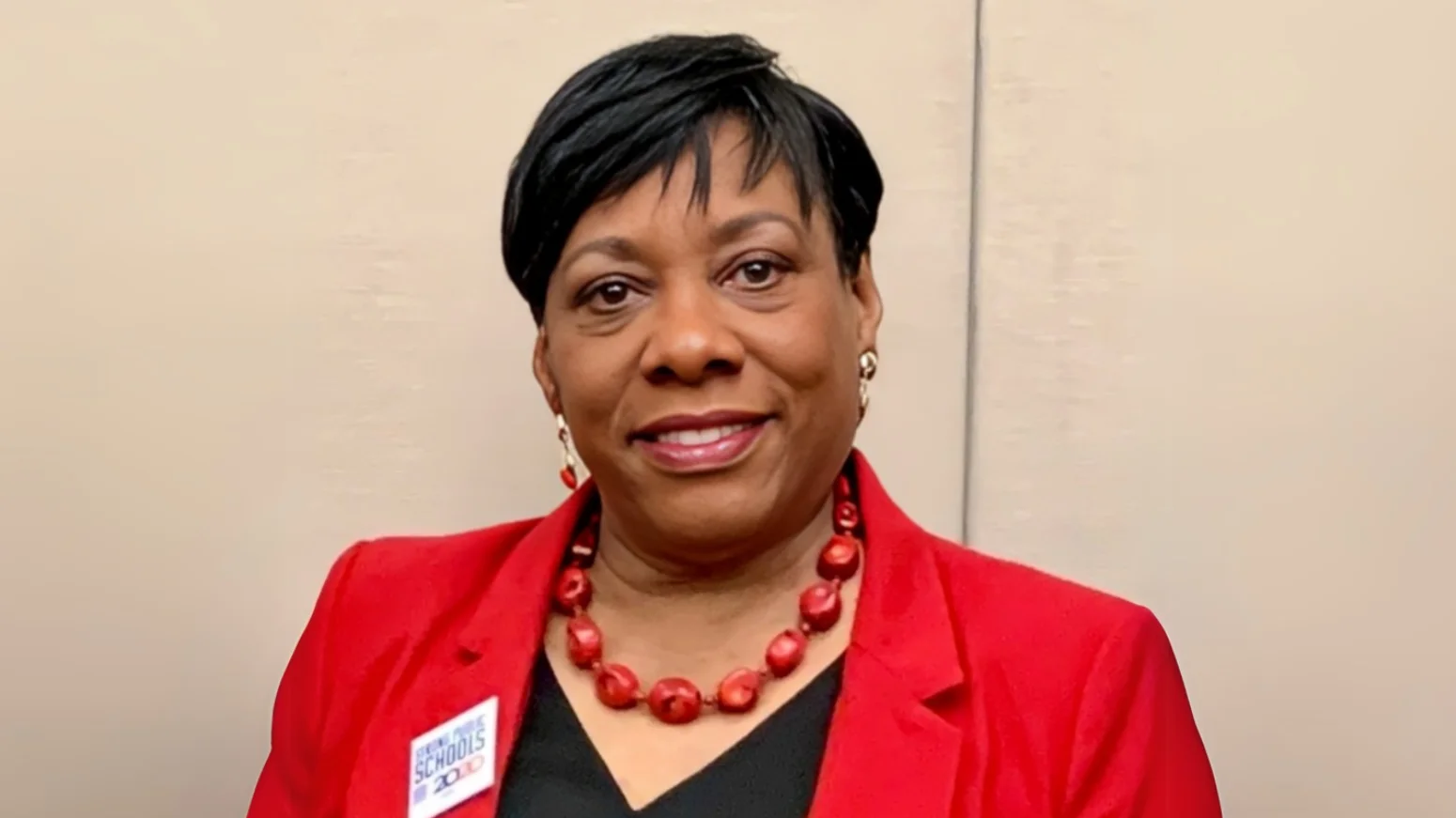
Emily Tate Sullivan Senior Reporter | EdSurge Research
Educators are highlighting leadership, identity, and systemic change within the education sector. Ryan Burns, an instructional coach and adjunct professor in Warwick, Rhode Island, emphasizes that "true leadership involves not only encouraging teachers to reconnect with their purpose but also ensuring that they are seen, heard and supported." Burns is a 2024-2025 fellow of the EdSurge Voices of Change Writing Fellowship.
The fellowship program worked with eight educators from diverse backgrounds over nine months. These fellows have shared insights on educational leadership, student engagement, and systemic challenges in K-12 education. Their stories underscore the importance of supporting teachers and school leaders for student growth.
One theme explored by the fellows is vulnerability and mental health in educational leadership. Noelani Gabriel Holt discussed managing anxiety as an elementary school principal in the Bronx: "Shortly after becoming a school leader, I received the best advice for managing anxiety from the greatest therapist I have ever worked with. She said, ‘You have anxiety. Just accept it. Learn to ride the wave.’" Similarly, Ryan Burns spoke about conforming to school authority at the expense of advocating for needed changes.
Another focus was reimagining curriculum to foster engagement and identity. Edgar Miguel Grajeda designed a curriculum at the intersection of language development and artistic expression: "As a visual arts teacher who is dedicated to teaching in schools with a high percentage of multilingual learners...creating an environment where my multilingual students can thrive." Lauren Snelling integrated social-emotional learning (SEL) into her curriculum: "My teachers and administrators understand that this is imperative to the work that I do in creating systemic change."
Fellows also addressed advocating for representation in education. Gene Fashaw reflected on implicit bias against Black students in math: "Educators...often harbor implicit biases that result in lower expectations for Black students." Hind Haddad highlighted her experiences with microaggressions as a Muslim educator while advocating for cultural understanding.
Systemic challenges and educator sustainability were additional topics of discussion. Fatema Elbakoury spoke about mental health struggles as a neurodivergent educator: "When I first got into education, I wanted to be there emotionally for young people." Rachel Herrera noted the lack of career development opportunities compared to other industries: "Teachers lack the structure and career development of other industry and professional jobs."
The fellowship program welcomes six new fellows for 2025-2026: Melinda Medina, April Jackson, Nikita Khetan, Sofia Gonzalez, Daniel Clark, and Patrice Wade. The program aims to continue publishing stories exploring emerging trends in instructional practices and technologies supporting student learning.





 Alerts Sign-up
Alerts Sign-up